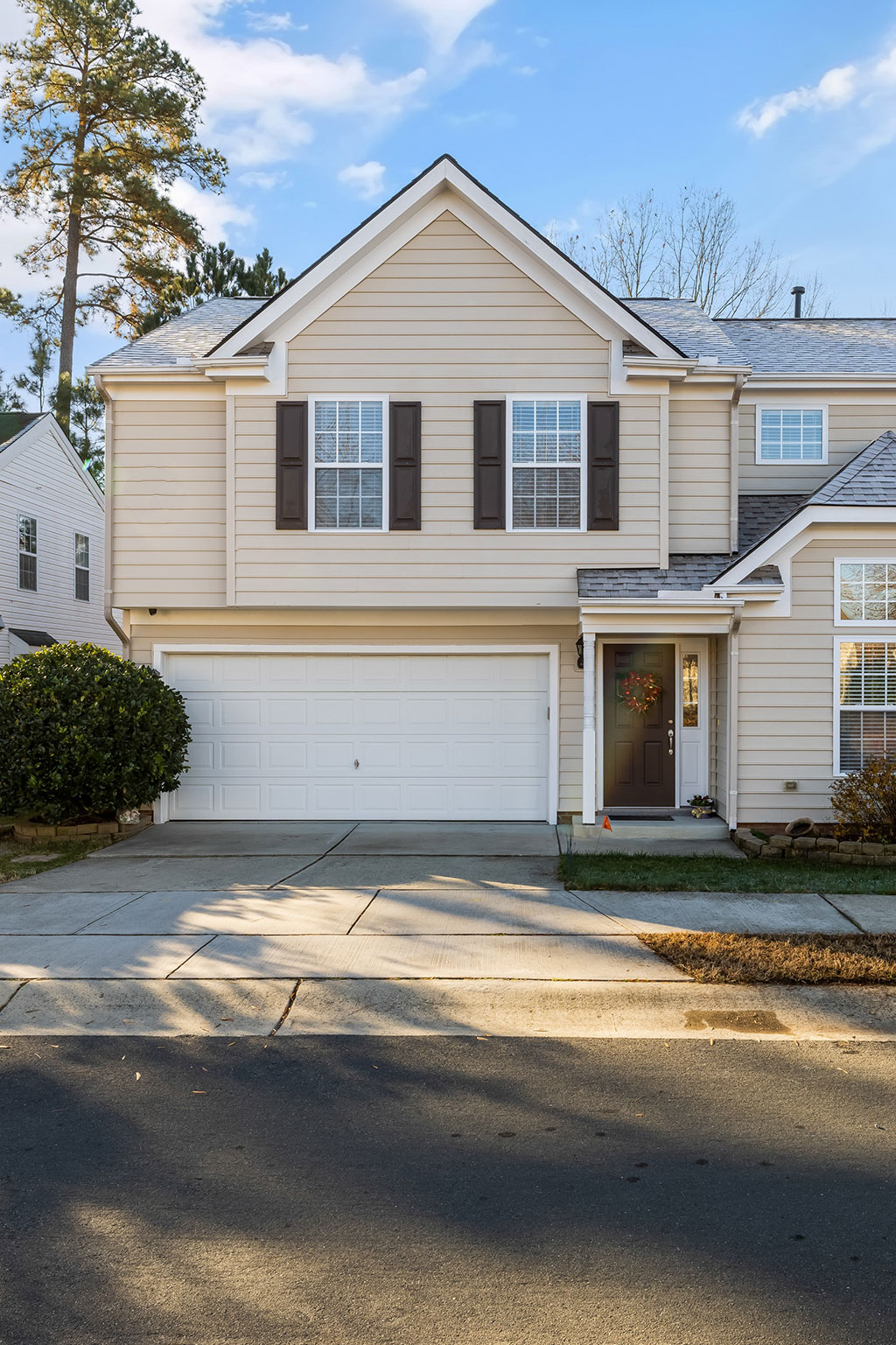How Long Does It Take to Close on a House?
The timeline for closing on a home will look different for every buyer and seller, especially depending on the type of financing.
Cash purchases can be finalized within a week, while traditional mortgages, which make up two-thirds of all home sales, take an average of fifty days to close after the offer is accepted. Here’s a breakdown of the different elements that can impact the closing process to help you better understand how long it may take to complete.

Purchase agreement (up to 14 days)
Once a buyer and seller have settled on an offer, it’s time to sign the purchase agreement, otherwise known as the contract of sale. This document covers any contingencies, including for financing, inspection, title, and appraisal, that have to be met before closing on the house. It also confirms what will stay with the home as well as the amount of earnest money the buyer will put into an escrow account. Both parties have up to two weeks to sign the document, but this step can generally be completed in one to three days if there weren’t any negotiations or waivers that would require a more thorough examination of the agreement.
Inspection (up to 15 days)
If the sale is contingent upon an inspection, the buyer has between five and fifteen business days to complete it. The inspection itself usually only takes a few hours, but finding an available inspector could cause a delay. They may then require several days to compile the report.
Appraisal (7–14 days)
The appraisal is generally conducted after the home inspection since the inspector may uncover potential deal-breakers for the buyer, making the appraisal unnecessary. Like the inspection, it typically takes a few hours to complete but may be held up by the appraiser’s schedule and report preparation. The final report shows the buyer and the mortgage lender how much the home is worth and if it’s selling for a fair price. If the house appraises for less than the selling price, the buyer may ask the seller to lower that number, which can cause closing delays.

Title search (7-14 days)
The buyer and their agent will order a title search either through a real estate attorney or a title company. This proves there are no claims, liens, or issues with the property and that the seller is legally allowed to sell it.
Mortgage processing and underwriting (30–60 days)
The timeline for the mortgage process depends on the lender, but it can take anywhere from one to two months to complete. For example, larger lenders like Bank of America and Chase may require more time to finalize each step to better ensure the risk of lending to the buyer is very low. All lenders will examine the buyer’s financials, including their credit score, income, debts, and savings, as well as the results of the home appraisal. This process may be expedited if the buyer is preapproved for a home loan.
Final walk-through (1 day)
Before closing day, the buyer and their agent will do one last walk-through of the house. They’ll check that the seller completed any repairs requested after the inspection and that nothing else has been damaged since signing the purchase agreement.
Signing day (1 day)
On closing day, the buyer and seller will meet to sign the necessary documents, transfer funds, and complete the sale. This typically takes only a few hours, though scheduling conflicts and last-minute issues can lead to delays. Once everything is signed, the deal is complete and the buyer takes possession of the property.
While the timeline can vary, understanding the key steps and potential factors that can impact it can help both buyers and sellers navigate the real estate transaction with confidence. And when you work with a trusted real estate agent, the process will be even easier and smoother for everyone involved.


















